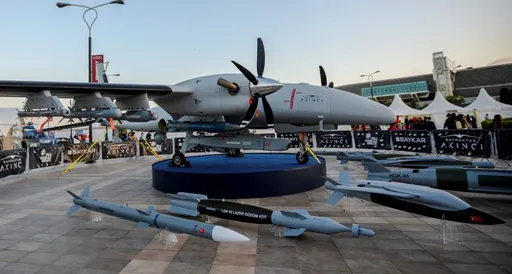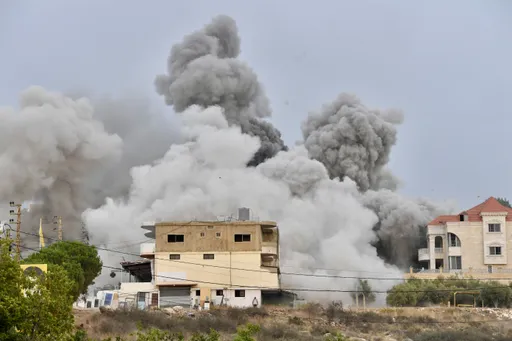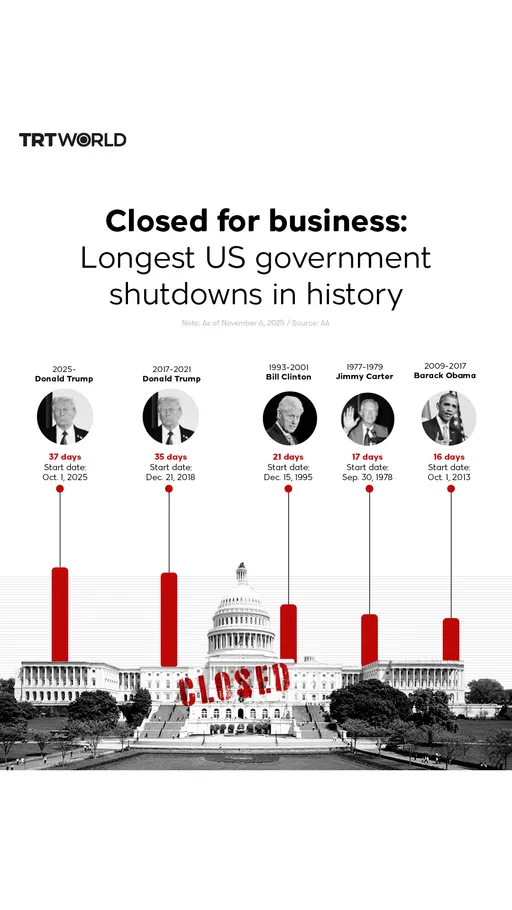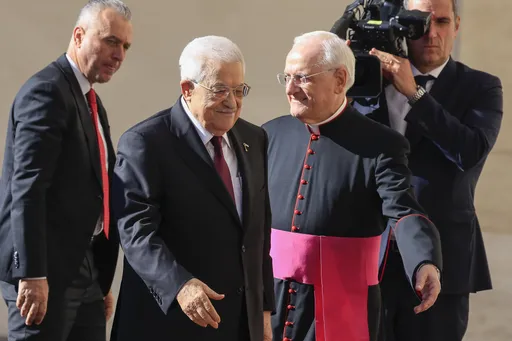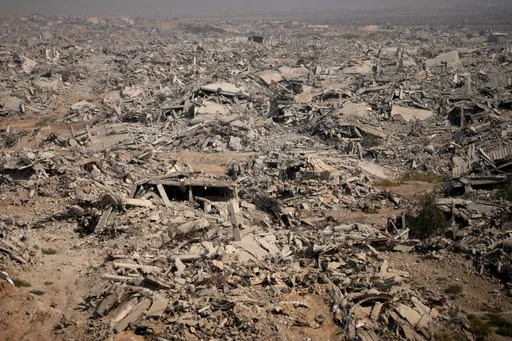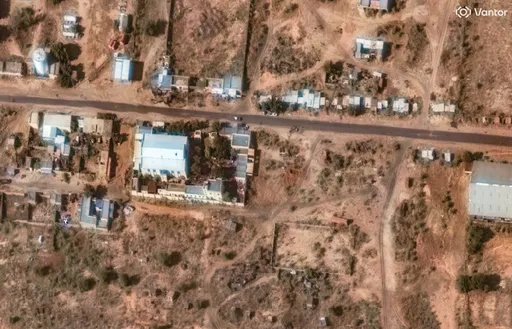When the ceasefire in Gaza was announced on Wednesday, it was not greeted with the jubilant cheers one might expect. Instead, it was met with silence and introspection, as though only a clairvoyant could divine what the future might hold.
For many, the announcement brought mixed emotions. For some, it was a momentary reprieve from a war that has raged on for over a year; for others, it was a sobering reminder that the end of this war is not necessarily the beginning of peace, but rather a return to a painful and fractured existence.
Those who first leapt with joy found themselves weeping moments later, the memories of the war flooding back and dragging them into despair. Others remained numb, unable to cry or rejoice, unable to trust that the war was truly over. The relentless horror had left its mark on them, a stain that no ceasefire could wash away.
Apprehensions aside, the ceasefire was an absolute necessity to halt the annihilation of people who have endured unimaginable suffering in their fight for freedom.
Yet, the road to restoring life to Gaza is fraught with challenges. The war has not only wrought physical destruction, but has also shattered social bonds and fractured the collective spirit of the people.

Displaced Palestinians take shelter in a school in Khan Younis in the southern Gaza (Reuters/Hatem Khaled).
Forced displacement has turned once vibrant neighbourhoods into ghostly voids. Schools that once rang with children's laughter now serve as temporary shelters for the displaced.
Hospitals, their resources drained, stand as grim testaments to the struggle to save the wounded. Al-Shifa Hospital, the largest in Gaza, lies in ruins alongside Kamal Adwan and Al-Awda Hospitals in the north, leaving the public health system in tatters and jeopardising the lives of thousands.
The fragility of peace
According to the terms of the ceasefire the bombing of Gaza is to cease today.
Yet, the psychological wounds remain raw. Children who have witnessed their homes and memories obliterated before their eyes, women who have lost their husbands, and young people whose dreams have been stolen wander through the rubble, disorientated and lost.
How does one rebuild a society in the midst of so much pain?
In Gaza, survival itself is an act of resistance. There is no time to rest. The residents must begin to salvage what remains and rebuild their lives. The horizon is empty of houses, factories, shops and schools, yet the people cling to the hope that life can persist, even in the bleakest of circumstances.
Difficult questions loom large: How will the city be rebuilt? Where will the funding come from? Will international aid reach those who need it most, or will it vanish into the bureaucracy of mismanagement? Past experiences have taught Palestinians in Gaza that reconstruction is a long and arduous journey, often fraught with delays and inefficiencies.

How will Gaza be rebuilt? One of the pertinent questions Palestinians are ask as the ceasefire begins (Reuters/Mahmoud Issa).
Postponed disasters
For those who have lost loved ones, the ceasefire offers no solace, Instead, it provides more time to dwell on their grief. Over 46,000 lives have been lost in this war, with more than 100,000 wounded.
Thousands remain buried beneath the rubble. In the makeshift camps, women sit in circles, sharing memories of those who will never return. Children ask heart-wrenching questions: “Where is my father?” or “Will we go back home?” These questions hang heavy in the air. A weight no parent can bear.
Amidst the mourning, however, there are glimmers of resilience. Some are daring to dream, seeking creative ways to rebuild and support those who have lost everything. Farmers who have seen their crops destroyed and factory owners who have lost their livelihoods are searching for means to start again.
Yet, the path forward is steep and uncertain, requiring the unwavering support of the international community.
Urgent needs
The immediate priority is to provide shelter for the displaced, particularly those returning to northern Gaza. Mobile shelters and tents are urgently needed. Medical aid is critical, with tens of thousands of wounded still awaiting treatment.

Children have missed two years of school, and instead of being in classrooms, queue to receive food cooked by a charity kitchen (Reuters/Hatem Khaled).
The destruction of Gaza's water and sewage infrastructure threatens a widespread health crisis, especially as over a million displaced people return to the north. Rehabilitating this infrastructure is essential to prevent further suffering and to enable long-term survival.
Education is another pressing concern.
Schools have been closed for two consecutive years, and the few that remain standing are damaged and occupied by displaced families. Temporary solutions, such as mobile classrooms, are needed to restore a semblance of normalcy for Gaza’s children, who have endured unimaginable trauma.
Every child in Gaza carries the scars of this brutal conflict.
Addressing their psychological wounds will require dedicated efforts from international organisations, including therapy through art, music, storytelling, and other creative outlets. Without this, many children may struggle to reintegrate into formal education or society.

Palestinians walk among the rubble of houses destroyed in previous Israeli strikes, amid ceasefire negotiations with Israel, in Gaza City (Reuters/Mahmoud Issa).
The long road ahead
Restoring life to Gaza is not merely a matter of reconstruction. It requires a comprehensive vision that addresses the psychological, social, and economic wounds inflicted by the war.
The international community must provide realistic, sustainable support to ensure that Gaza’s people can do more that just survive. They need the chance to live. The people of Gaza have proven time and again that they are resilient. But resilience alone is not enough. Homes, schools, and communities must be rebuilt.
The ceasefire may mark the end of the bombing, but the road to healing and rebuilding Gaza is still long and arduous.
Even amidst the devastation, the people of Gaza are trying to create something new: a place they can once again call home, a place where children can laugh and learn, a place where life can begin anew. Gaza, like its people, will find a way to endure. But the world must stand with them, not just in words but in action, to ensure that their struggle is not in vain.










